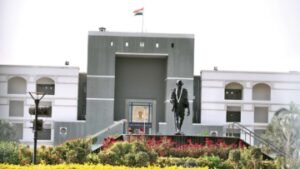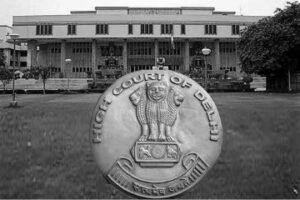Wakf Board Can Declare A Property As Wakf Only After Conducting Inquiry Under Section 40 Wakf Act
Case: State Of Andhra Pradesh (Now State Of Telangana) Vs A.P. State Wakf Board
Coram: Justices Hemant Gupta and V. Ramasubramanian
Case No.: CA 10770 OF 2016
Court Observation: “Such power has to be read along with Section 40 of the Act which enjoins “a Wakf Board to collect information regarding any property which it has reason to believe to be wakf property and to decide the question about the nature of the property after making such inquiry as it may deem fit.” The power to determine under Section 32(2)(n) is the source of power but the manner of exercising that power is contemplated under Section 40 of the 1995 Act. An inquiry is required to be conducted if a Board on the basis of information collected finds that the property in question is a wakf property. An order passed thereon is subject to appeal before the Wakf Tribunal, after an inquiry required is conducted in terms of subsection (1) of Section 40. Therefore, there cannot be any unilateral decision without recording any reason that how and why the property is included as a wakf property. The finding of the Wakf Board is final, subject to the right of appeal under sub-section (2). Thus, any decision of the Board is required to be as a reasoned order which could be tested in appeal before the Wakf Tribunal.”
“146…Therefore, the Wakf Board has power to determine the nature of the property as wakf under Section 32(2)(n) but after complying with the procedure prescribed as contained in 120 Section 40. Such procedure categorically prescribes an inquiry to be conducted. The conduct of inquiry pre-supposes compliance of the principles of natural justice so as to give opportunity of hearing to the affected parties.”
“Since there is no determination of the fact whether the property in question is a wakf property after conducting an inquiry in terms of Section 40(1) of the 1995 Act, the Errata notification cannot be deemed to be issued in terms of Section 32 read with Section 40 of the 1995 Act. Such determination alone could have conferred right on the affected parties to avail the remedy of appeal under Section 40 of the 1995 Act.”
Previous Posts
Freedom Of Speech & Expression Extends To Reporting Judicial Proceedings: Supreme Court Rejects ECI Prayer To Stop Media Reporting Of Oral Remarks Download Judgement




